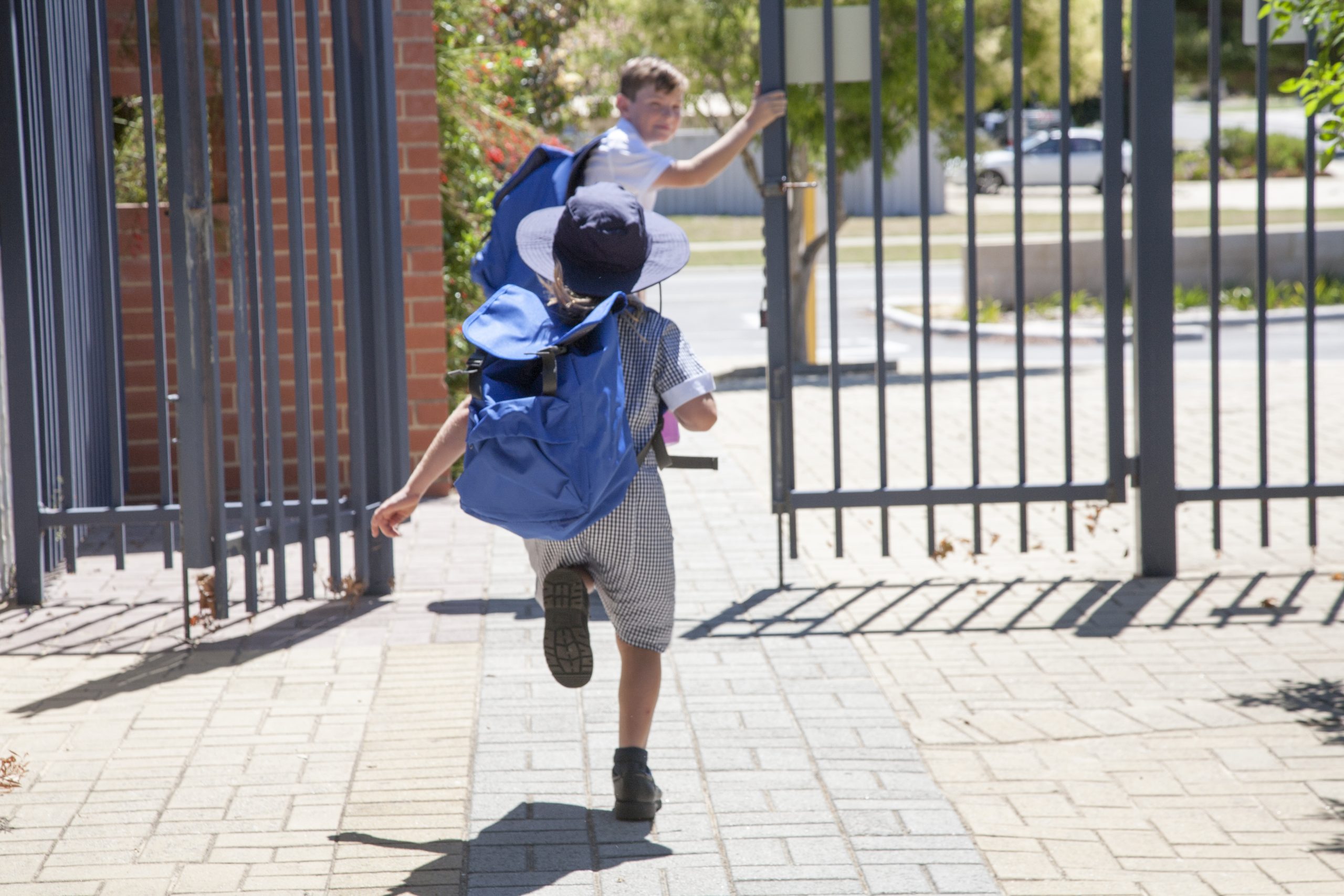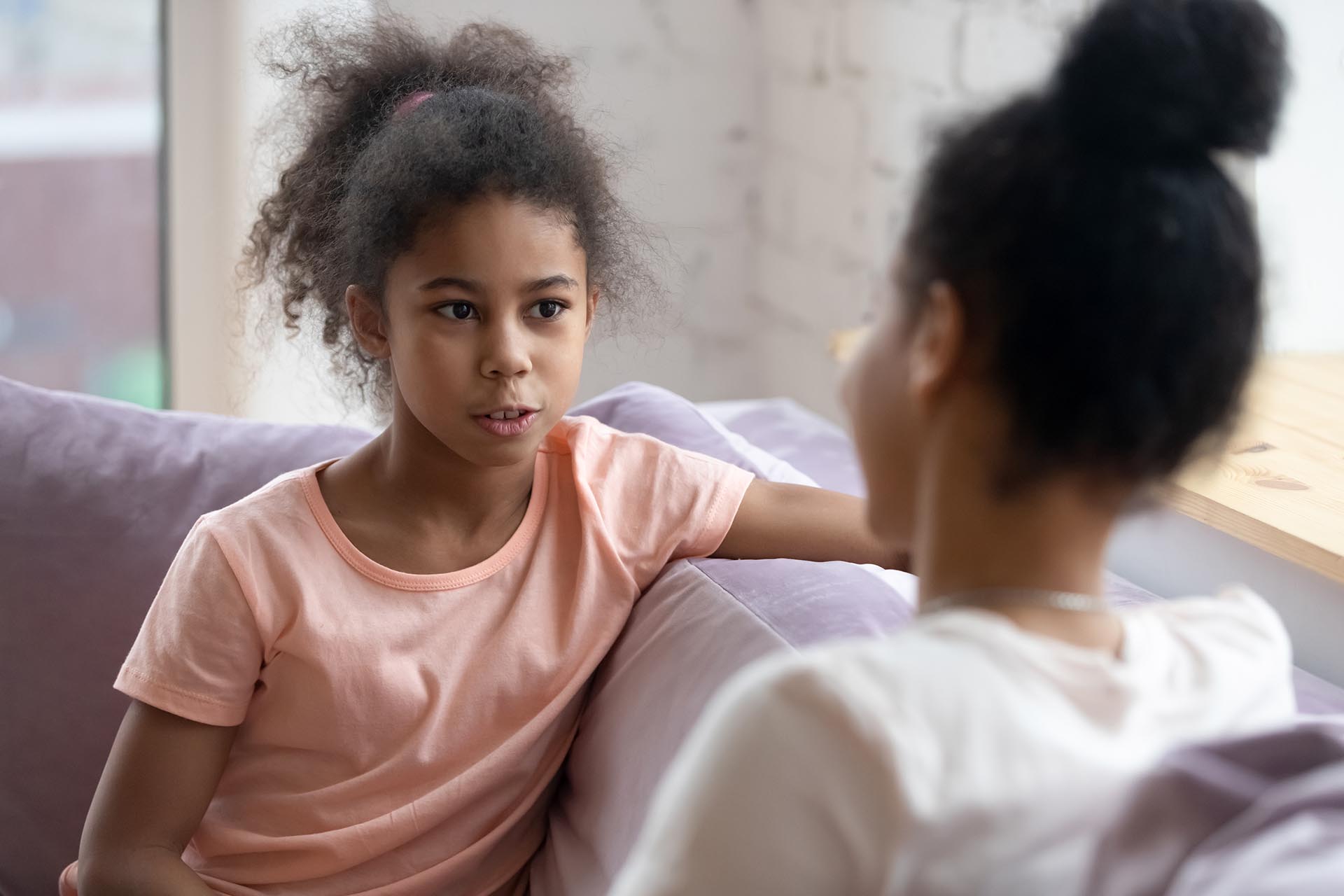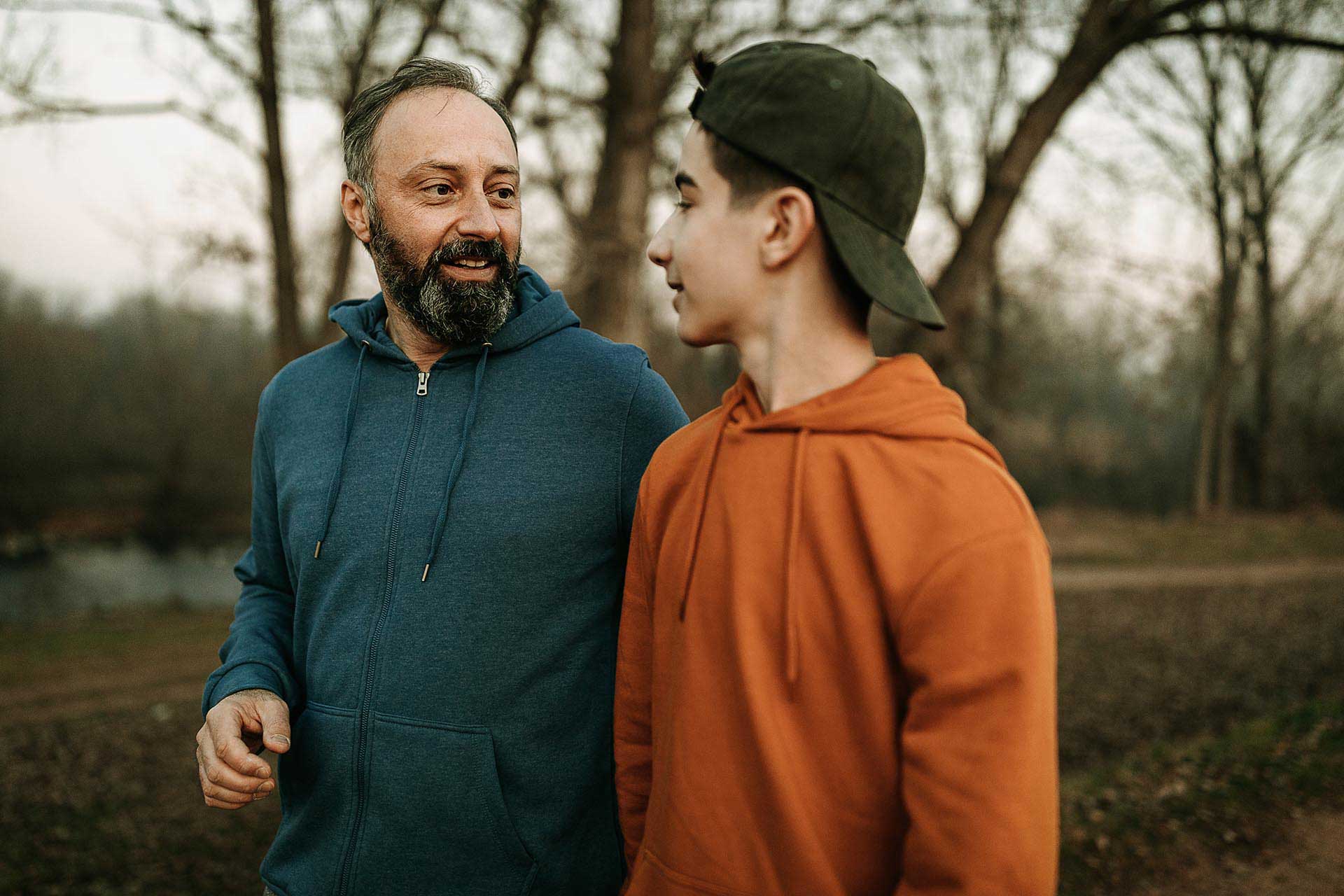Bullying: when your child is the problem
We’ve talked before at length about bullying (you can read our last article on spotting and dealing with bullying here). It’s an important topic, and we’ve always explored it from the perspective of looking out for your child as a victim of bullying. But what if your child is the problem? It can be a hard pill to swallow, but it’s not an uncommon situation. Remember, their frontal lobes are far from being fully developed, and there’s nothing kids love more than to test boundaries. We don’t want to demonise children or their parents – just explore what parents can do to raise more conscientious children and help put a stop to any harmful behaviour
How to tell if you child is a bully
Sometimes, you’ll just be told about it. A teacher, principal or another parent might say something to you about what your child has done or said. Otherwise, pay attention to the way your child speaks about other kids. Are they constantly criticising some, or talking about them in an aggressive or demeaning way? Also, have you noticed that they have things that don’t belong to them? This could be money, toys, games, or anything else. These all could be signs that your child is bullying others.
Why might they be bullying others?
Bullying doesn’t always stem from trouble at home or in a child’s inner life. Sometimes it’s just a part of them growing up and learning their place in the world and how to treat others. But it can also be a sign that something is wrong.
It could be because your child is or has been bullied themselves. Try to talk to them about this and look out for warning signs such as withdrawal from social life and not wanting to go to school (again, we suggest reading this article). And remember, even if your child has been bullied, this doesn’t give them a free pass for their bullying.
Other reasons why your child might be bullying others could be because they want to fit in with others; they think this will make them avoid getting bullied themselves; they’ve seen something at home, on television or online; they’re struggling with emotion and impulse regulation; they’re trying to get attention from others they’ve failed to in other ways; they’re wanting more control in their lives; they’re suffering from depression or anxiety; or they have low self-esteem.
What to do about it
Bullying is something that the younger and earlier you can get on top of it, the better. Firstly, if the school has contacted you about your child’s behaviour – it’s likely that they also have a code and set of instructions for how to deal with the situation. Not only does that let you a little off the hook, but it means they’ll take a holistic approach to resolving the issue. Plus, if you support your school and what they decide is appropriate, you send the message to your child that their behaviour isn’t okay.
There are also ways you can work with your child at home. Open up communication with them. Ask them what’s going on and why they behaved this way. Let them know you’ll listen to their side of the story (while still being direct about the issue). Talk to them about respect, and not just one conversation, but ongoing conversations. Talk about how what we do affects other people, and try and get them to empathise.
You could say, ‘Your teacher told me what happened at school. I know we’ve talked about respect before, and I would like to think you know how important it is to respect others – so I’m wondering why you would behave this way? Is there something going on that we could talk about? How are things at school? Is anything upsetting you at the moment?’
If they’re having trouble talking about what’s going on, you might want to consider having them see a counsellor or child psychologist.
From there, you can talk together about a plan for how you want your child to behave in the future. Game out possible situations that might bring up the bully in them, and talk about ways it could be avoided or they could act differently. We know, no one likes it, but some kind of fair and meaningful punishment is important in these situations – but not too severe or for too long. You might like to involve your child in deciding what an appropriate punishment might be. You also could encourage them to apologise and think about ways they can make amends, such as doing something nice for someone else.
Finally, kids can sometimes act out in the schoolyard what they’re picking up at home, so it’s important to role model good behaviour. Be mindful of interactions and name-calling at home. You might also want to monitor their social media for cyberbullying. And then going forward, keep an eye on your child’s behaviour and keep in contact with their teachers. If their behaviour improves, then great! Reward instances of when they’re being a good friend. If their bullying behaviour persists, then it’s probably time your child see a counsellor or psychologist.
How to help prevent your child from becoming a bully
Of course, modelling good behaviour at home is one of the best ways to stop your child from becoming a bully (although it’s no guarantee). Another action with a big impact is simply to provide your child with lots of positive attention as this helps them with their self-esteem. Praise them for their good behaviour, especially around treating others with kindness and respect. And finally, of course, let them know they can always come to you with their problems or worries.
Further reading
- A Mighty Girl (‘The world’s largest collection of books, toys and movies for smart, confident, and courageous girls’)
- KidsHealth (helping kids cope with cliques)
- Kidshelpline (helping kids handle conflict)
- Linda Stade (educator, writer and speaker to grow happy, healthy kids)
- Reachout (helping young people feel better)
- URStrong Dana Kerford (teacher and friendship expert)










